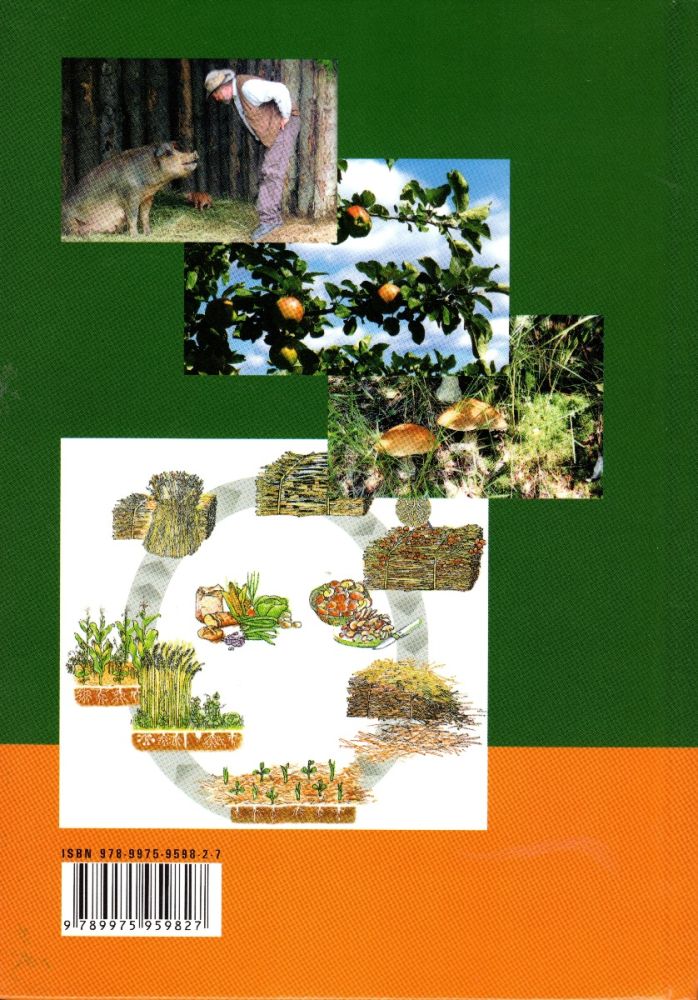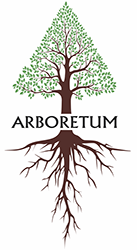Sepp Holzer ”Permacultura”, in Romanian, DAAC-Press, 2014
Sepp Holzer ”Permacultura”, in Romanian, DAAC-Press, 2014
Sepp Holzer’s philosophy on permaculture and sustainable agriculture emphasizes harmony with nature. He advocates for a holistic, respectful approach to farming and warns against humanity’s detachment from the environment, which leads to natural disasters and ecological imbalance. His teachings focus on regenerative practices, agro-landscapes, and sustainable agriculture as essential for restoring planetary health.
Sepp Holzer wrote this fundamental work in partnership with his son and daughter-in-law, Josef Andreas and Claudia Holzer. The book contains 291 pages with colorful illustrations, a hard cover, and has been translated and edited to a high quality!
Published by DAAC-Press, 2014
Foreword by Joe Polaischer
Every time my journeys and readings take me back to my native Austria, I take pleasure in visiting Sepp Holzer's famous farm at Krameterhof and discussing with him the principles of permaculture.
Terms like sustainability, stability, and recycling have been taken for granted and even considered outdated for over 20 years. It seems that the sand in the hourglass is flowing faster and faster. We see how globalization affects both nature and culture on Earth. Natural resources, as well as oil and fossil fuels, are becoming exhausted, reminding us of climate changes that could pose the greatest threat to humanity.
The permaculture movement is gaining popularity worldwide, offering a viable way to address these issues through sustainable food production and the maintenance of a resilient society. Numerous permaculture followers and others have been inspired by pioneers such as Bill Mollison, David Holmgren, and Sepp Holzer, who develop and spread knowledge about harmony with nature and culture. This work must be understood as a special sensitivity to nature. It’s fascinating to learn from others' experiences and to immerse oneself in natural phenomena. Knowledge is crucial, and it’s essential to pursue it.
Creating a permanent culture is based primarily on bringing culture back into agriculture. Farmers and gardeners are not only food producers but also custodians of culture. The destruction of soil equates to the destruction of farmers—and, consequently, culture itself. Our farms and gardens reflect our attitude toward nature. Today, we also need a change in mindset and new ethical and ecological values. We must speak of new principles of "bioethics" in the truest sense of the word.
Where exactly should this change begin? Certainly in our gardens and in our attitude toward nature, but especially through reconnecting with the soil. If we wish to care for the Earth, we must completely change our attitude toward it. As we understand the complex interconnections within the ecosystem, we move toward more sustainable agriculture and a simpler lifestyle.
Books like this one can be of great help to consumers by drawing their attention to the basic aspects of everyday life. I would like this book to be read and shared, supporting the experience, understanding, and knowledge of future generations.
I hope this book will guide us on the path toward a sustainable future.
Joe (“Sepp”) Polaischer,
Rainbow Valley Farm, New Zealand, July 2004
Conclusion by Sepp Holzer
Life and natural agriculture are difficult to sustain in a time when the economy, science, and politics—without considering nature—aim solely at so-called "progress." "Grow or die" is the motto of our time. In our competitive economy, natural thinking has little place.
Animals are kept in increasingly confined spaces, automatically fed, and controlled by computers. This leads to a loss of contact with animals, which are regarded as mere commodities, not living beings. People talk only about "meat production." From an oppressed creature, we cannot expect healthy food. The suffering of animals is passed on to humans. My daily observations confirm this. A respectful and attentive approach to our world and to all living beings on Earth is the only correct path.
One of my basic principles is: "Try to put yourself in the place of others, be it a plant or an animal; only then can you quickly understand if you have created the ideal habitat for them. If you closely observe plants and animals, you will immediately see if they feel comfortable. If you care for healthy plants and animals, you will be the greatest winner."
There is so much more to say about my experience with animals and plants. Unfortunately, a single book cannot encompass it all. My friend, Professor Bernd Lötsch—who, in many ways, is a great example for me—asked me to document my entire practical experience when we met nine years ago. I will try, as much as possible, to record and share my experiences and observations, thus keeping the promise I made back then.
I hope this book will help us all become more respectful toward nature and the beings around us! Nature is perfect in everything it creates; only we, humans, make mistakes.


